
Zelly, Ying, and Simon are future overseers of Soul Identity, a 2,600-year-old secret society that makes the Bilderberg Group look like a pyramid scheme. Worth trillions of dollars, thanks to savvy investments that pay off in far-flung future lives, this shadowy bank of the world possesses a massive amount of power, as will its soon-to-be leader.
However, a new invention promises to change Soul Identity forever, for better or worse. The vike portal gives users the ability to experience xanazo, and vicariously visit the past lives of their soul line ancestors, revealing entirely new worlds to explore, personal histories to uncover, and shocking secrets to navigate. This new tool sets the stage for a psychological chess match that crisscrosses centuries, alternate timelines, and more than a few ethical boundaries.
Readers are set up to dislike Ying, who has a sinister streak of selfishness and ambitious guile, whereas Zelly is a computer genius simply trying to survive until her nineteenth birthday, hoping that her ancient rival doesn’t wipe her out as potential competition. From even their earliest interactions, the relationship between Ying and Zelly is intense and engaging; Batchelder manages to say a great deal with straightforward dialogue, delicately chosen narration, and subtle body language, not to mention the meaningful silences and things left unsaid in the prose.
Hanging over all of this is the extreme isolation and interdependence of the trio, being the last three overseers of Soul Identity, following a brutal decimation within their ranks five years earlier. As their intertwined souls and lives once again cycle together for an explosive collision, readers can’t help but feel the compelling gravity of their looming battle. At times, the book can read like a science fiction “Mean Girls” with astronomically high stakes, and the very real chance of being killed, rather than just failing to win Prom Queen. This isn’t meant as a critique, particularly because the author just as readily delves into philosophical depths, including complex ideas of corruptibility, destiny, personal agency, and unity.
The sci-fi descriptions are technical, but also beautifully drawn; readers get to experience the cognitive exploration of impossible tech, along with visceral descriptions of pseudo-time travel, where smells, tastes, and memories can be transmitted by light, challenging ideas of time, space, and the true significance of quantum entanglement. The novel’s world-building of this novel has been written with thoughtfulness and intention, and while it is an expansion of a paradigm the author created in another series, this book can easily stand alone. If there’s a weakness, the dialogue can be flat in certain scenes and not quite up to the level of the stakes.
Overall, Oversight should appeal to both young readers and adults with its refreshing burst of emotional complexity and a riveting plot centered on our existential battle with destiny, where art, science, theory, fact, morality, and justice blur together in a character-driven spree of imaginative YA writing.

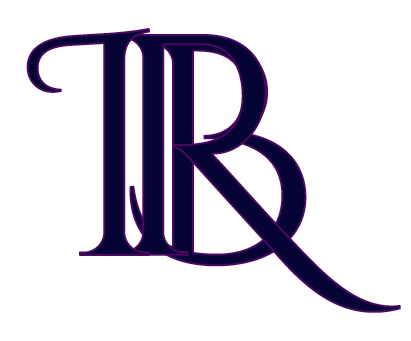

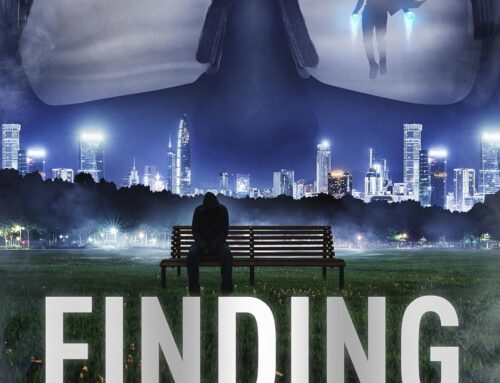
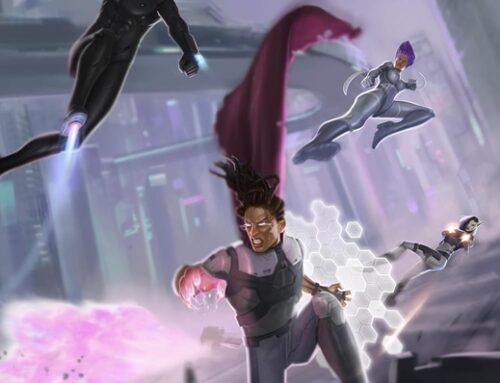
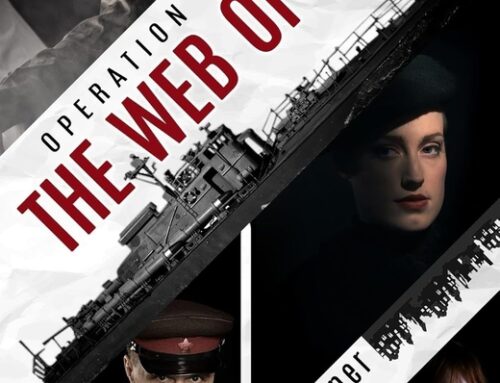




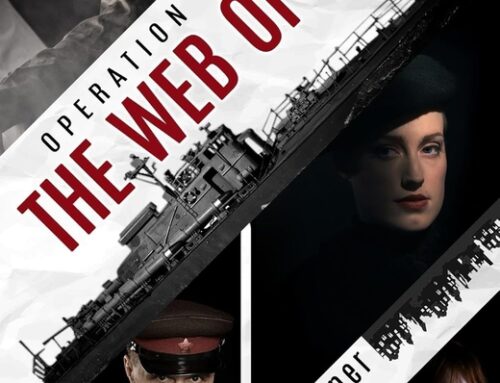
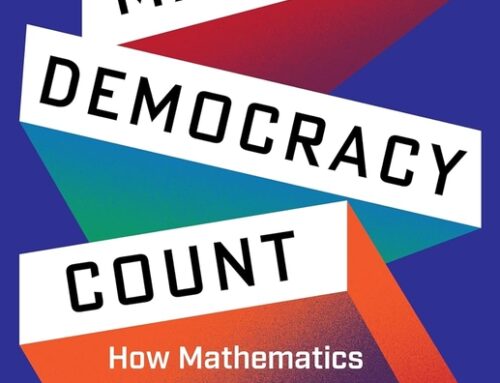

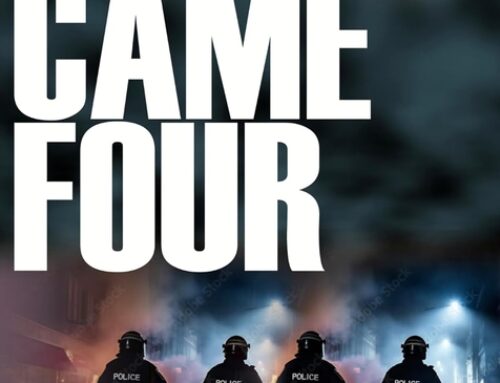
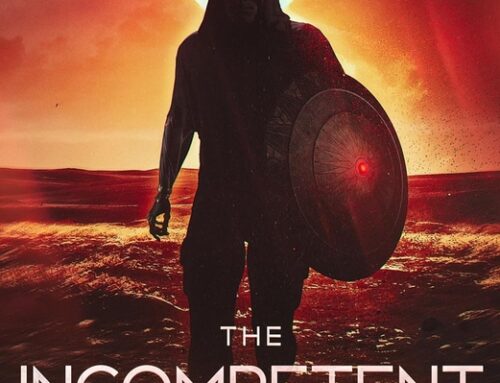



Leave A Comment